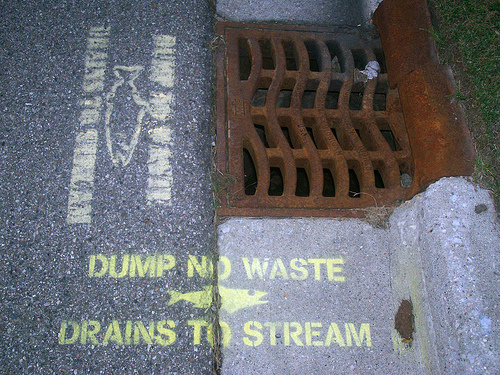
Oded Nir has isolated living Covid-19 virus at sewage treatment plants after treatment/Dani Machlis credit
Wastewater must be treated beyond conventional methods used today in Israel in order to eliminate Covid-19, report scientists from Ben-Gurion University (BGU) in Beersheba, Israel. The researchers have found that parts of the coronavirus or SARS-CoV-2 survives after sewage purification in treatments plants.
They isolated RNA samples of the virus post-treatment and the finding worries them for a number of reasons.
Wastewater poses a potential threat of a renewed outbreak around the world, the researchers urge. It may not reach your homes in the tap, but sewage workers are exposed to the virus through human faeces and urine by the nature of their work.

Kando, a cleantech company from Israel sends sensors into a.sewer to see how Covid-19 infection rates are increasing.
“If we do not want recurring waves of outbreaks, reducing the infection rate may not be enough, wastewater must be neutralized as well,” says Oded Nir of the Zuckerberg Institute for Water Research at BGU.
The BGU team analyzed samples of sewage collected during the first lockdown in April, 2020 and during the second wave in July. They found ample abundance of the virus’s RNA. Most of the sewage in Israel and other developed countries undergoes biological treatment before it gets released to the environment or before the water is reused, however that was insufficient to reduce the virus concentration to undetectable levels, the researchers report.
Their findings were just uploaded to medRxiv (links to the synopsis) and will be undergoing peer review shortly. An earlier study started this spring is using the sewer and live sewage to isolate Covid-10 outbreaks on city streets.
They urge wastewater to be further treated to minimize the risk of dissemination and infection of Covid-19. In a couple of instances where wastewater was treated by chlorine, the Covid-19 virus was no longer detectable.
Protect our sewers from dangerous waste

If wastewater is left untreated, or if pipes burst or overflow from rains or winter storms in the Middle East, Covid-19 could infect people or animals who come into contact with it and perhaps create a mutated version of the virus, the scientists speculate. Covid-19 could also affect water sources if sewage is dumped in open areas.
In Israel, wastewater is collected, treated and then reused for agriculture. By the time it reaches the fields it is treated partially and called greywater which is not safe for consumption. In earlier studies in Israel (2016), researchers at the Hebrew University have reported a buildup of pharmaceuticals in the water and researchers are only now trying to understand how birth control pills, and drugs like cocaine and legal ones like chemotherapy and epilepsy medicine affect us when used in greywater to water vegetables and fruit. These pharmaceuticals also end up in treated water we drink – see Alon Tal.
We asked Oded Nir a few more questions:
How worrying is it? “The main worry is that, worldwide, the new coronavirus is being discharged to the environment in an uncontrolled manner, which can have effects that we cannot predict,” Nir tells Green Prophet.
“The pandemic is global, so the entire world should be worried and consider to minimize SARS-CoV-2 in wastewater effluents.
“Farmers should not be worried in particular, since wastewater effluents in Israel are chlorinated before reuse in agriculture. Overflow can be problematic but it is a short event. The continuous discharge should be taken care of,” he explains.
“We did not study greywater. Treated wastewater leaving the wastewater treatment plant can contain traces of the virus if not chlorinated or further treatment by (for example) membranes. Around the world, these effluents ends up in rivers or lakes. If the virus traces are infectious (we are not sure yet) it could infect humans or animals, thus impeding efforts to eliminate the pandemic.”
What’s the best long-term solution in your mind to help humanity? Beyond choline. Something more sustainable?
Nir’s response: “I think the future is in applying advanced low-energy membrane filtration to the effluent. This can remove viruses completely and also reduce other bad stuff like organic micro-pollutants and heavy metals. We are currently working on such solutions in my lab.
“In this context, we are working on developing advanced membrane processes for (1) upgrading the quality of treated wastewater so it can be used in agriculture more sustainably or discharged into rivers without ecological damage. (2) recover valuable resources from wastewater, especially phosphorus which can reused as fertilizer.”
Additional researchers in the Covid-19 wastewater study at BGU include: Hala Abu Ali, Karin Yaniv, Edo Bar-Zeev, Sanhita Chaudhury, Marilou Shaga, Satish Lakkakula, and Prof. Zeev Ronen.



